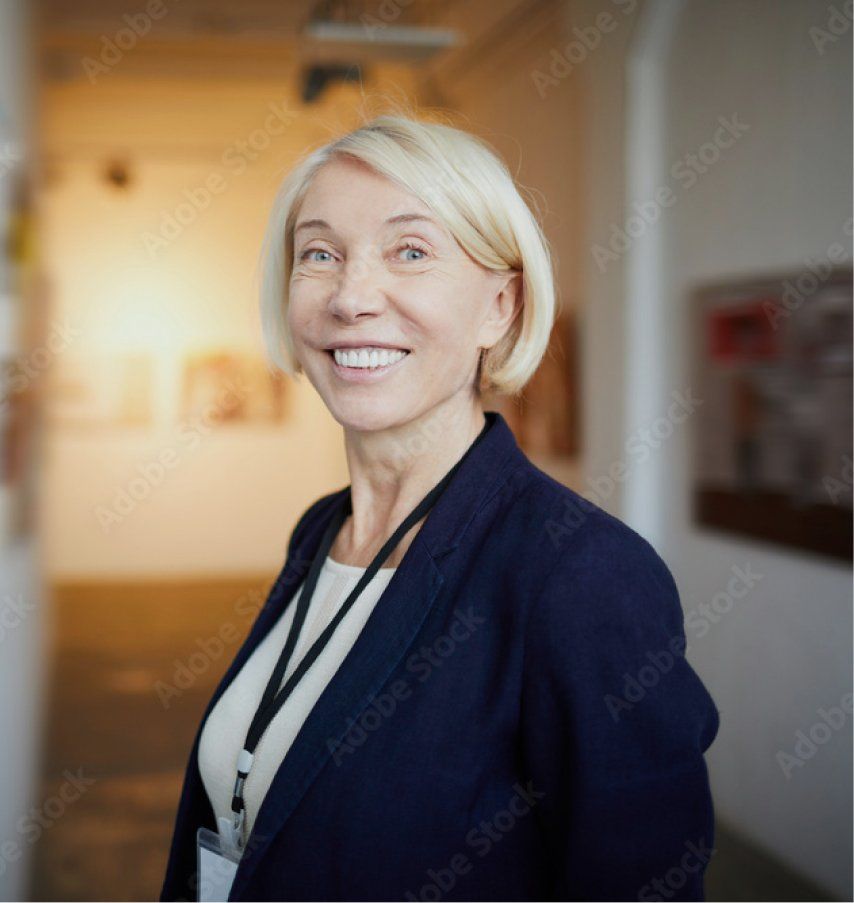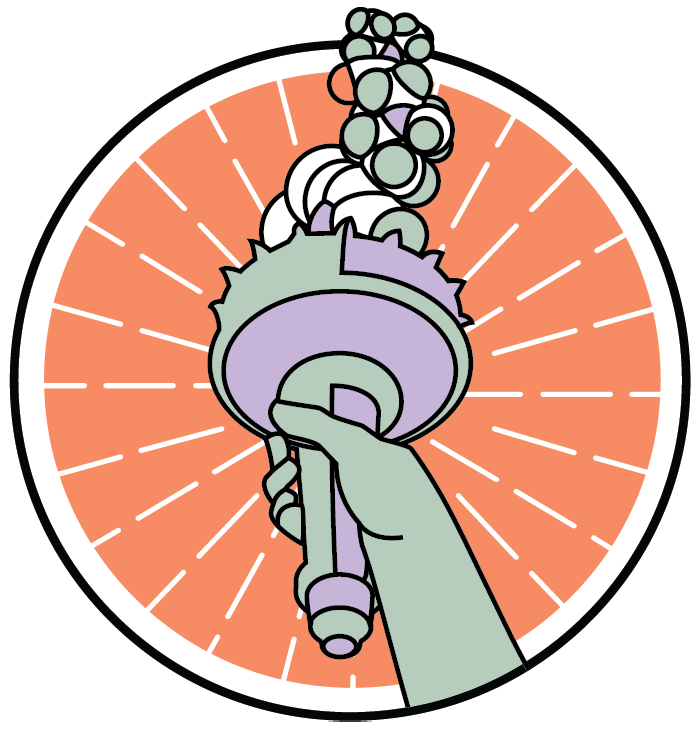Web. Program Day - 1
September 17, 2022
Web Program Day- 2
Web. Session 1
Portland Art Museum
Summary / Abstract
Web. Session 1
Web. Session - 2
José Carlos Bouso is a Clinical Psychologist with a PhD in Pharmacology. He developed his scientific activities while at the Universidad Autónoma de Madrid, the Instituto de Investigación Biomédica IIB-Sant Pau de Barcelona, and the Instituto Hospital del Mar de Investigaciones Médicas de Barcelona (IMIM). During this time, he developed studies about the therapeutic effects of MDMA (“ecstacy”) and psychopharmacological studies on the acute and neuropsychiatric long-term effects of many substances, both synthetic and plant origin. As the Scientific Director at ICEERS, José Carlos coordinates studies on the potential benefits of psychoactive plants, principally cannabis, ayahuasca, and ibogaine, with the goal of improving public health. He is the Co-principal Investigator of the first controlled clinical trial using ibogaine for the treatment of methadone dependence.
Biography
José Carlos Bouso, PhD
he/him
Appearances
Name
Title
Organization

Name
Title
Organization

Name
Title
Organization

Name
Title
Organization

Name
Title
Organization

Name
Title
Organization

Science, Medicine, and Psychedelics
Considering the evidence for ibogaine therapy
Ibogaine, an alkaloid of West African plant tabernanthe iboga, has been known to medicine for over 100 years, including being marketed as Lambarene in the 1960s in Europe, and the subject of midcentury research by the US government.
In 1962, Howard Lotsof, a New Yorker struggling with heroin use, discovered its potential as a treatment for addiction. For the next five decades, Howard and his wife Norma advocated tirelessly for funding, research, and commercialization of ibogaine therapy for addiction.
While decades of small studies in humans and animals alongside thousands of testimonials point to its validity, it is only now that momentum is truly building for its acceptance in academic and regulatory circles.
In this session, we will learn the story of ibogaine and hear updates from recent research projects.
In 1962, Howard Lotsof, a New Yorker struggling with heroin use, discovered its potential as a treatment for addiction. For the next five decades, Howard and his wife Norma advocated tirelessly for funding, research, and commercialization of ibogaine therapy for addiction.
While decades of small studies in humans and animals alongside thousands of testimonials point to its validity, it is only now that momentum is truly building for its acceptance in academic and regulatory circles.
In this session, we will learn the story of ibogaine and hear updates from recent research projects.
